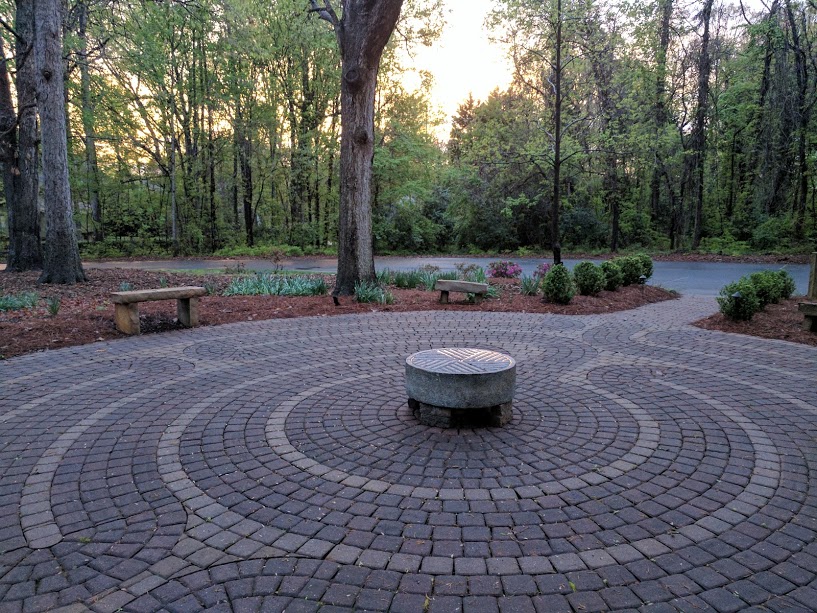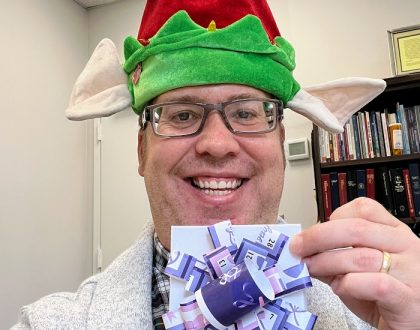Called to be Ourselves

Earlier this summer, my dad and I went on a walk. Our conversation (as it often does) turned toward the local church. Dad spent two decades working as a minister in congregational settings, and an additional three and a half decades working for a church-based non-profit. Dad asked me, “What do you think that the local church offers to the world?”
We both agreed that the Church’s value is more apparent to seasoned audiences. Redemption, reconciliation of broken relationships, forgiveness, hope, re-birth are all attractive messages for older adults. And in many instances (but certainly not all), congregations have made good on their offerings, establishing a sense of belonging, connection, and community for the aged.
“Sure,” Dad said, “But what do churches offer younger people?”
My response was and still is a sense of calling. For me personally, the local church has offered a deep sense of calling, and long before my calling was expressed in vocational ministry. In my experience, I encountered communities that took an interest in me, helped me identify my gifts, and encouraged me to use those gifts. More than anything, I benefited from hundreds of people who made space for me to become who God was calling me to be. As a result, the local church has been a place where I have always felt empowered and equipped to voice my concerns, to make decisions, and to express myself in community. And it’s been a place where my gifts have been received rather than discarded or ignored.
I would add that I have felt this calling much more palpably in church settings than I have in professional and social settings. I have been the recipient of intentional and productive affirmation. I know, the world keeps lamenting participation trophies. But a culture of affirmation is NOT handing out participation trophies. A culture of affirmation encourages people to claim their gifts and empowers them to both accept responsibility and accountability. There’s a sense of having confidence in yourself, because you are assured that your community acknowledges, celebrates, and even thrives on your value and giftedness. Let me put it another way. How do we know God loves us? If, we as faith communities are doing it right, it’s because we’re telling our children (of all ages!) that God loves them, again and again. And we’re showing them that God loves them, again and again.
I realize that my experience is not the norm for too many people. The institutional church has a long history of behaviors and traditions that have not only damaged and excluded people, but have also discouraged their calling, diminished their gifts, and ignored their humanity. The Church cannot and will not thrive in such spaces.
We have the chance, I believe, to bring about a more just and equitable world by being intentional in recognizing and encouraging the gifts we see in others, especially young people. How much better would our world be if children were reminded that they were in safe spaces to be curious? To be bold? To be grumpy? What if they knew their presence mattered? What if they always knew they were part of the story? What if they knew they were always enough for God, always enough for us, always enough for themselves? What if the Church was to be recognized as the very place people are called to simply be themselves?
Well…I suppose if we created more intentional spaces for people to be called as themselves, we might also not have to have wait till our later years to experience things like hope, reconciliation, and redemption, because we’d see more of it in the present.
So what do you think? How can the local church both encourage and express its desire to be a place of calling for all people? And is this a message that resonates with a world in need?
Recommended Posts

Five Dollar Kindness
March 24, 2023

What Happened to Your Sign?
February 23, 2023

2022 Advent Calendars
December 02, 2022

